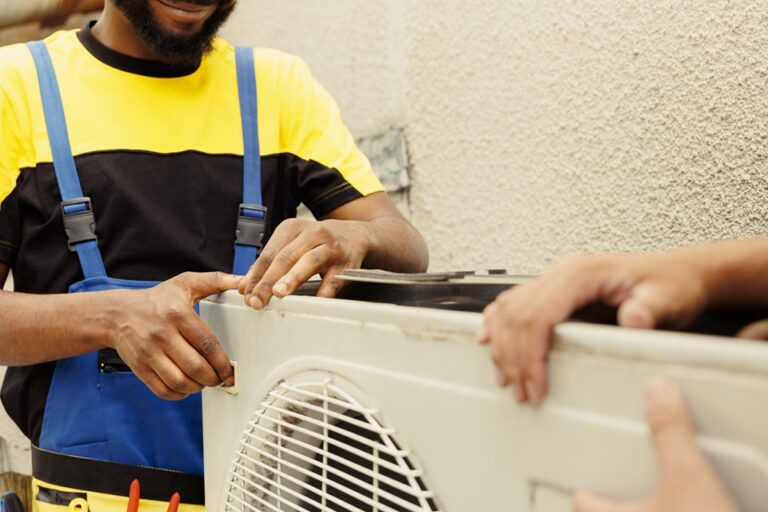Good air conditioner maintenance is important for good performance, and for helping your system last as long as possible. Regular maintenance not only ensures efficient cooling, but it also helps prevent expensive repairs and extends the lifespan of the unit. While the importance of AC maintenance is widely acknowledged, determining the best time for this upkeep can have a big impact on how effective that maintenance really is. Here’s what to consider, so you can get your AC system maintained properly and at the right time.
Focus On The Seasons When Choosing AC Maintenance
The timing of AC maintenance often revolves around seasonal changes, and that’s especially important if you live in a very hot climate where you need your AC for a longer part of the year. The ideal times to schedule maintenance are during the transitional periods between seasons, namely spring and fall. These seasons mark the shift from heating to cooling or vice versa, making them good choices to assess and prepare your AC system for the upcoming workload.
What Does Spring Maintenance Involve?
Spring is the perfect time to get your AC unit ready for the upcoming summer, since it’s likely sat dormant all winter. Scheduling AC maintenance services in spring allows HVAC professionals to handle any issues that may have gotten started during the colder season, before you need your AC. Spring maintenance involves inspecting and cleaning key components such as coils, filters, and ductwork to ensure good airflow and efficiency. Additionally, spring maintenance provides an opportunity to check and increase refrigerant levels, find any leaks in the system, and tune up your AC for peak performance.
Is Fall Maintenance Really Necessary?
As temperatures begin to cool down in fall, it’s essential to get your AC system ready for the off season. Fall maintenance serves as a post-summer checkup, and that helps address any wear and tear that occurred during the summer. By conducting maintenance in fall, you can identify and correct potential issues before they get worse, and that ensures a smooth transition into the heating season. Additionally, fall maintenance helps protect your AC system against harsh winter conditions, which can help prevent damage and minimize the risk of breakdowns when the AC isn’t being used.
Consider Your Geographic Location
While spring and fall are generally regarded as the best times for AC maintenance, geographic location plays a role in determining the specific timing. In regions with extreme climates, such as desert areas or tropical regions, the timing can vary based on weather patterns and temperature fluctuations.
Hot & Humid Climates
In climates with a lot of heat and humidity, where AC usage is prolonged throughout the year, scheduling maintenance before the onset of the hottest months is the best option. This ensures that the system is in good condition to handle the increased demand for cooling during peak summer temperatures. Regular maintenance also helps reduce the effects of humidity, which prevents mold growth and makes maintaining good indoor air quality easier.
Colder Or More Mild Climates
In colder climates where winters are harsh and heating systems are more popular than AC, fall maintenance becomes even more critical. Preparing the AC unit for the off-season ensures that it stays in good condition during dormant periods. Cold weather can cause moisture buildup and potential damage to components, making fall maintenance essential for winterizing the system and preserving its integrity until it’s needed again in spring.
AC Maintenance Timing Depends On Several Factors
Maintaining your AC system is vital for comfort, efficiency, and longevity. While spring and fall are typically considered the best times for AC maintenance, you’ll want to consider more than just the month on the calendar. Once you get into a rhythm of scheduling your AC checkups, though, you can have them done around the same time every year, and be ready for whatever the weather brings.


